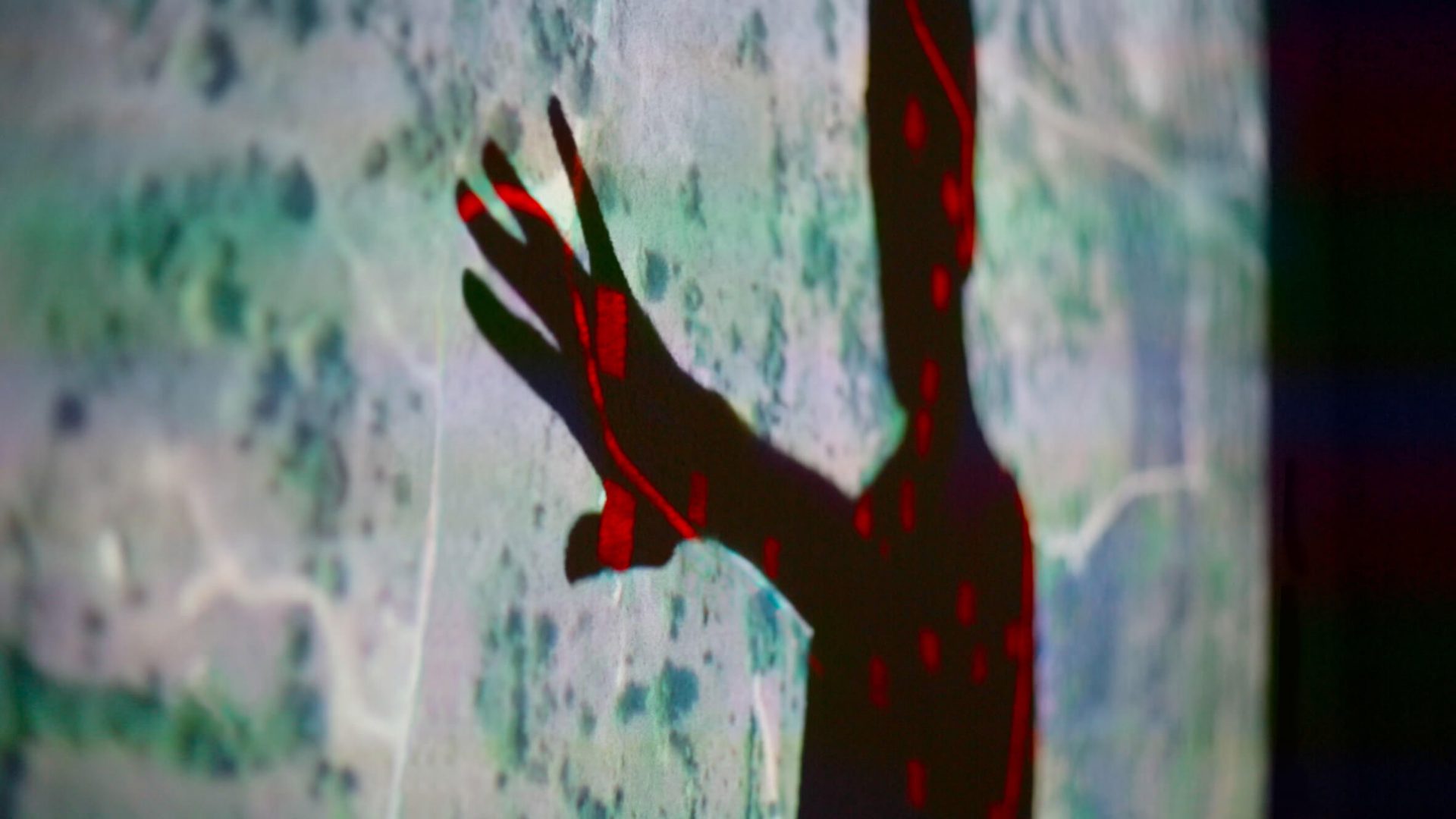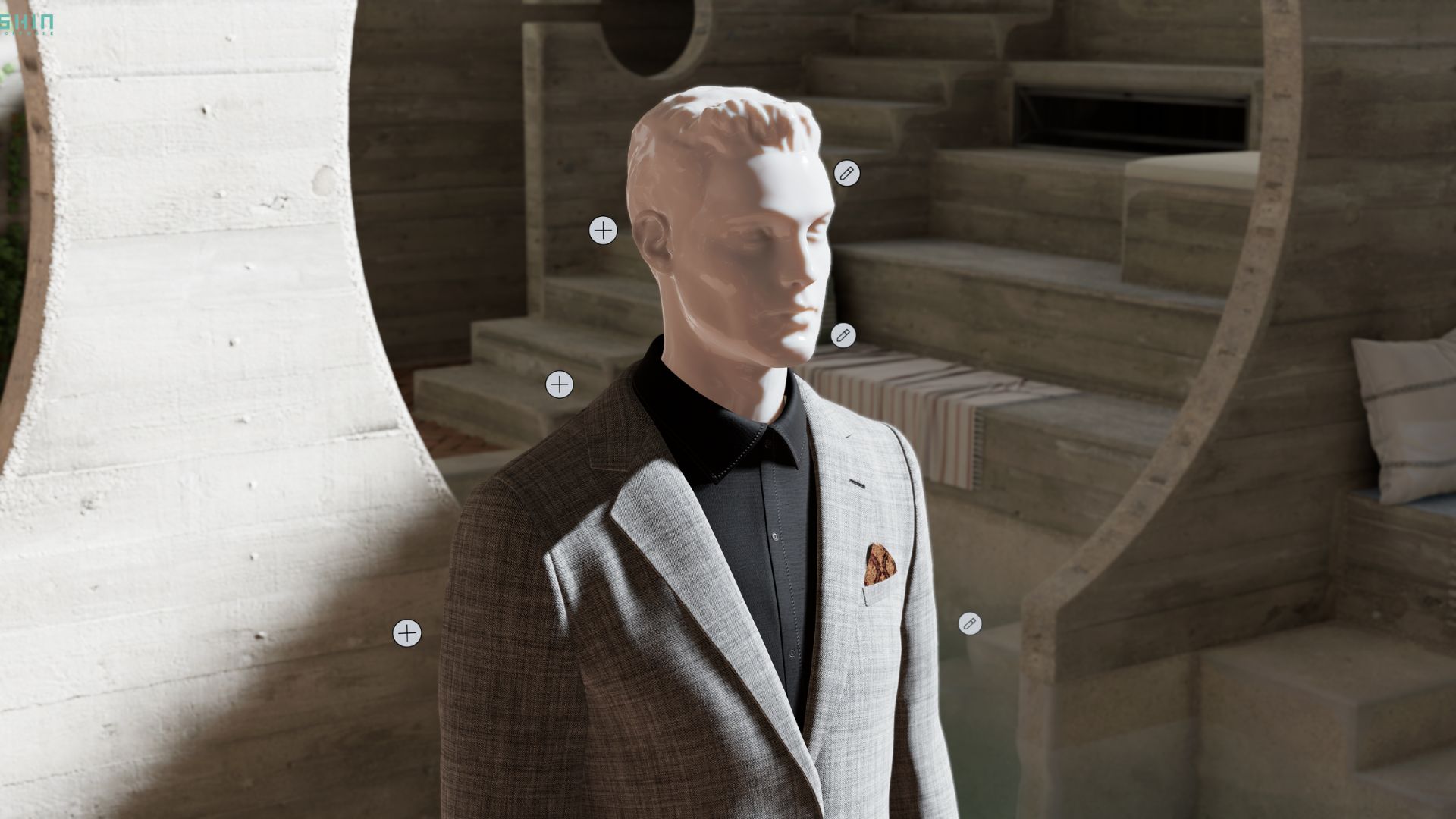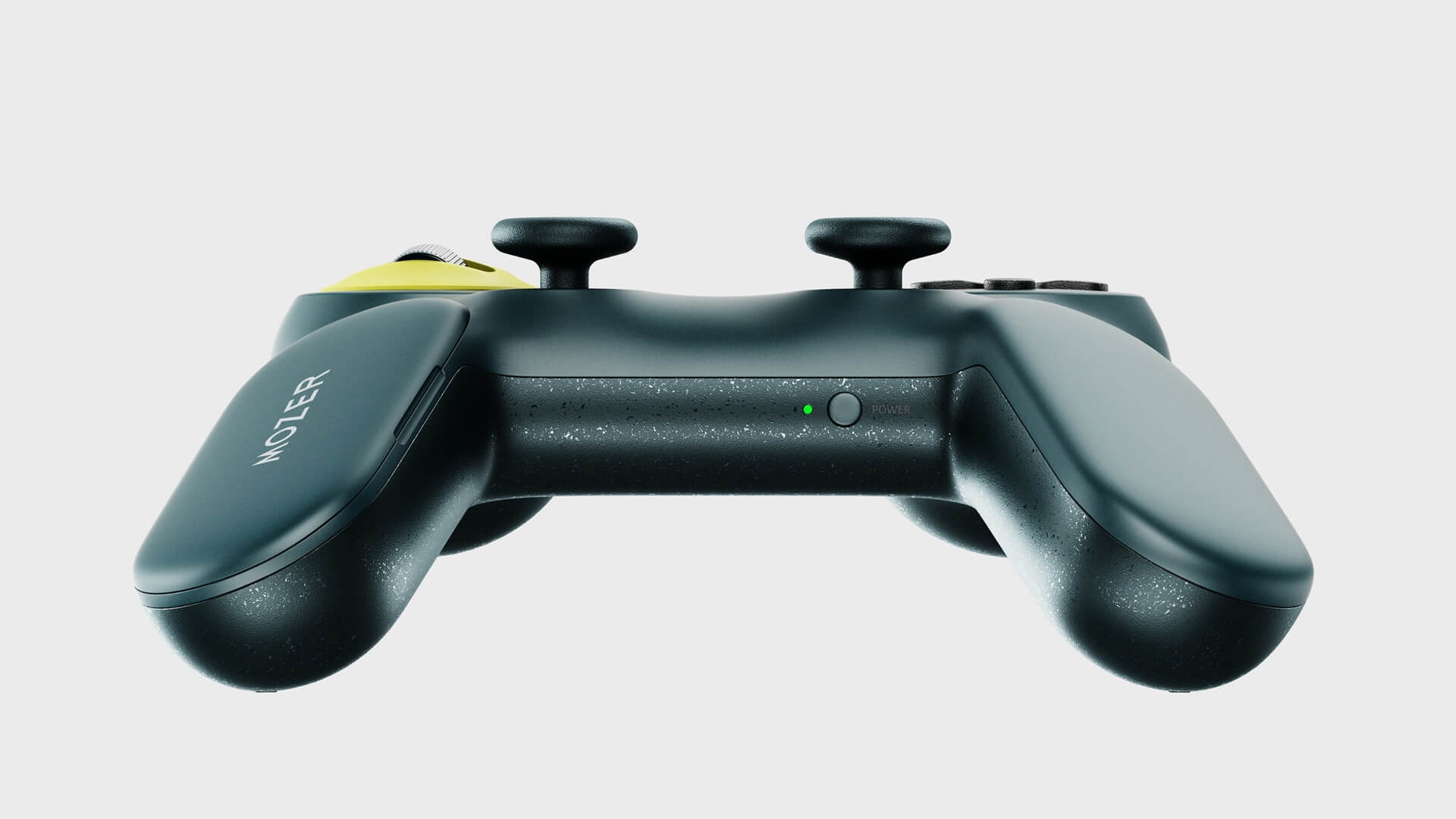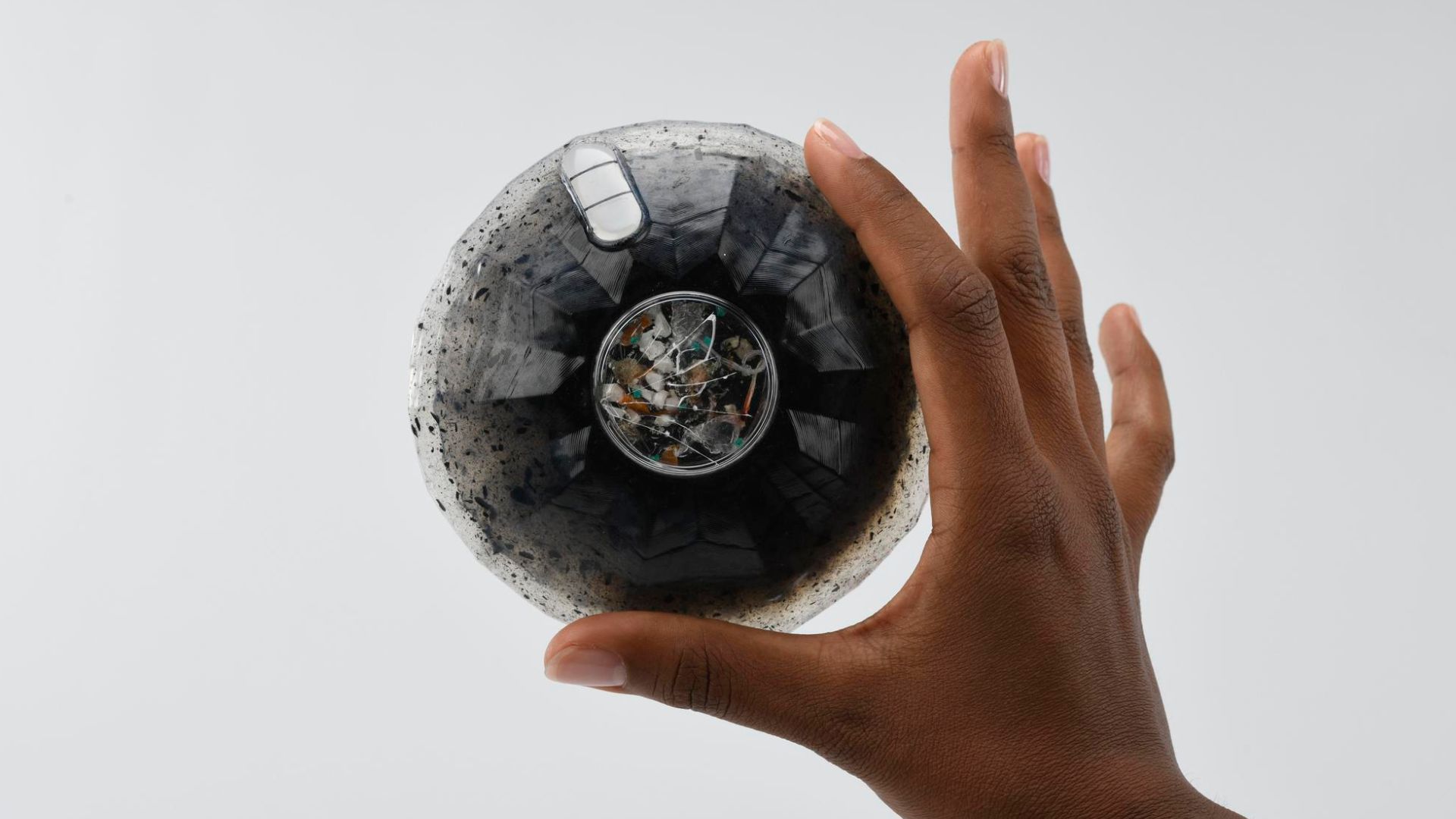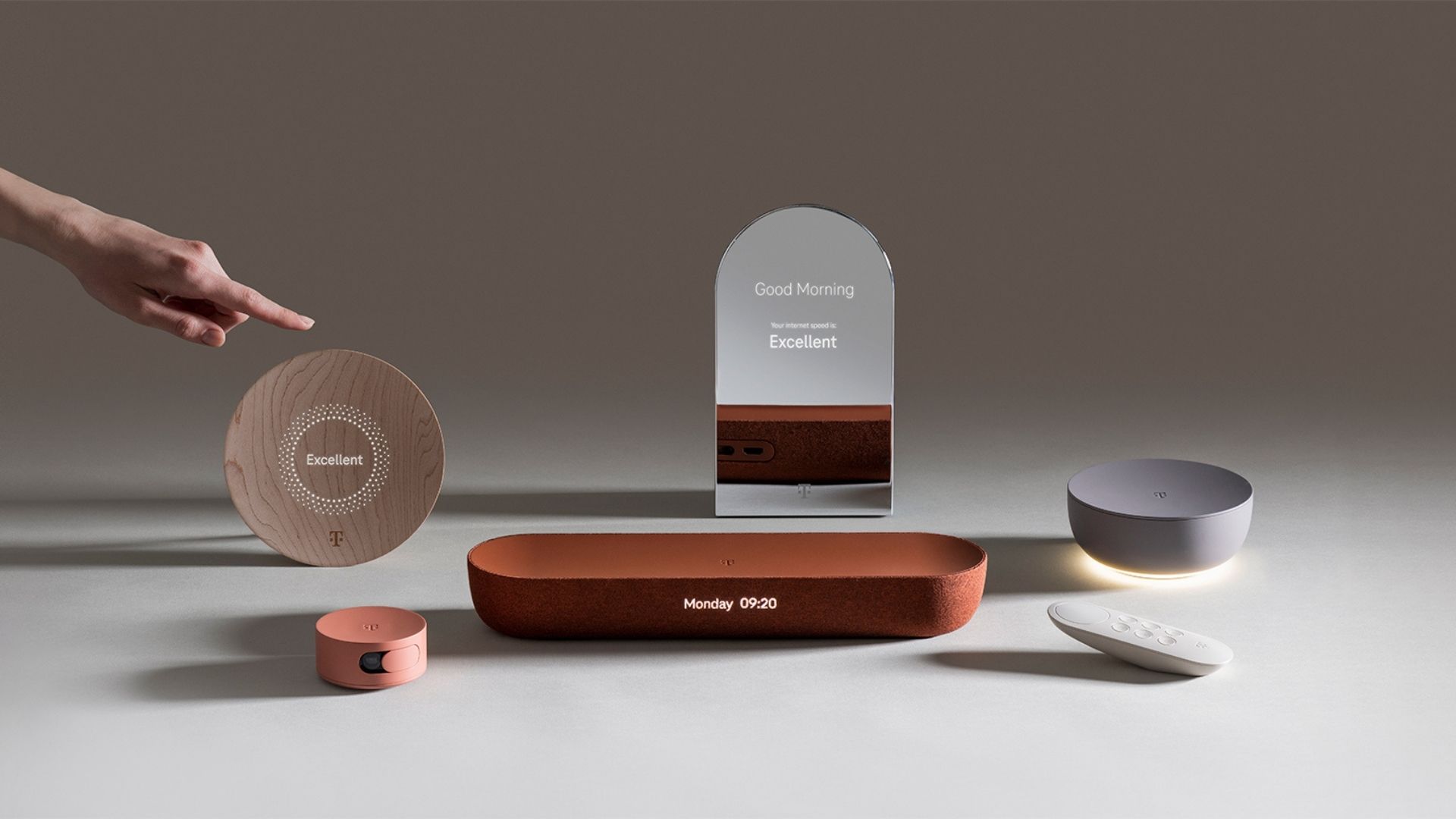An innovative fitting room concept for fashion retail stores
We need to be aware that the dressing room is actually the place where purchase decisions are made, so it should be the most important from the interaction point of view!

Ilaria Marelli Design Office‘s fitting room concept for The Brick & Mortar store is an innovative take to retail design.
What if you could have the best of the online purchase: the where and when you want, the management of a large number of references, the “you may also like” advice, the user ratings, combined with the best of the store: proximity, the physical presence of the product, the dressing room to try on the clothes, without forgetting the purchase as a social event?
The fashion store, more or less thickened with products according to the price range, is still made up of a lot of space dedicated to the display of products in every color and size – and a little space for dressing rooms and warehouse.

For some months now Ilaria Marelli Design office has been working on a fashion format, designed to give better customer service and at the same time to reduce the size of the stores on the base of a new interaction logistic, which is effective and pragmatic, but also friendly.
We could use online services to access all the product references and make a first selection – to share decisions with our group of friends, then scheduled a reservation and receive the selection in a physical store, displayed on a clothes hanger bar dedicated to, in a form of democratization of the customized service of high fashion boutiques. (as well as safe and sanitized – if read with the lenses of the current perspective).

The physical store thus becomes substantially a large space for fitting rooms, which will no longer be the hidden back of the sales space. We need to be aware that the dressing room is actually the place where purchase decisions are made, so it should be the most important from the interaction point of view!
In such a layout, with a reduced part of the display dedicate to the “must have” items of the season, and screens and workstations to entertain and display the catalogs and the various options, the costs of online delivery is optimized, solving the problem of the “last mile” delivery for the single product – in a more economic and sustainable way and reducing the costs of renting (reduced) sales spaces, of warehouse management and staff.

This fitting room concept format, that we had conceptualized in a “pre-coronavirus” time, was conceived both to the large online players because of their organizational management skills and their need of “getting real” and to the fast fashion chains, which could profit of the format to manage smaller and territorialized delivery points (on the example of Carrefour with Carrefour Express for food).
The acceleration of this historical phase seems to lead quickly in this direction: phase 2 requires new ways of interacting with the physical fashion store that provide for formalization in the relationship with the product that must be “touched only by me”, but also an emotional involvement of the service, otherwise why we have to go back to the shops?






